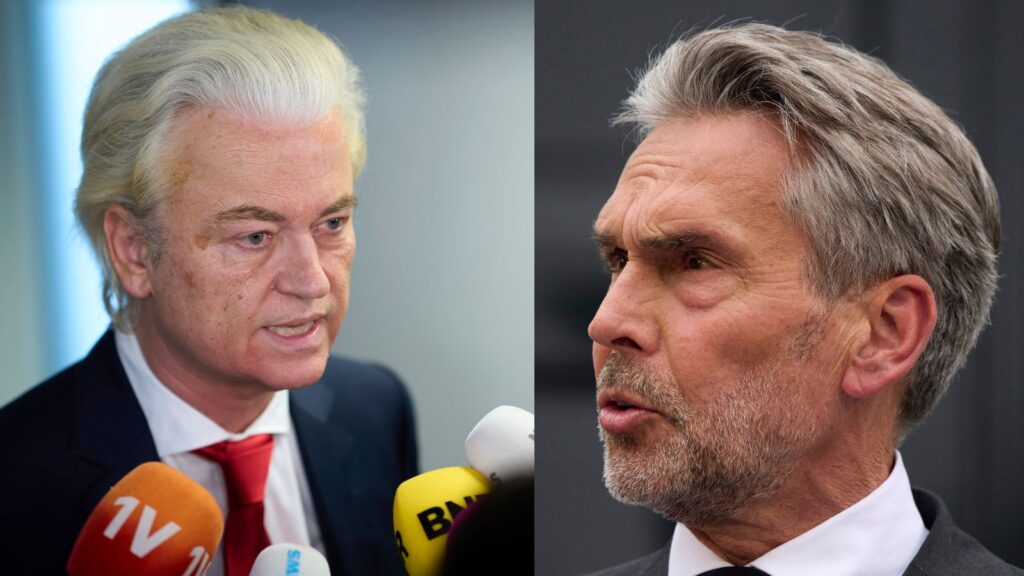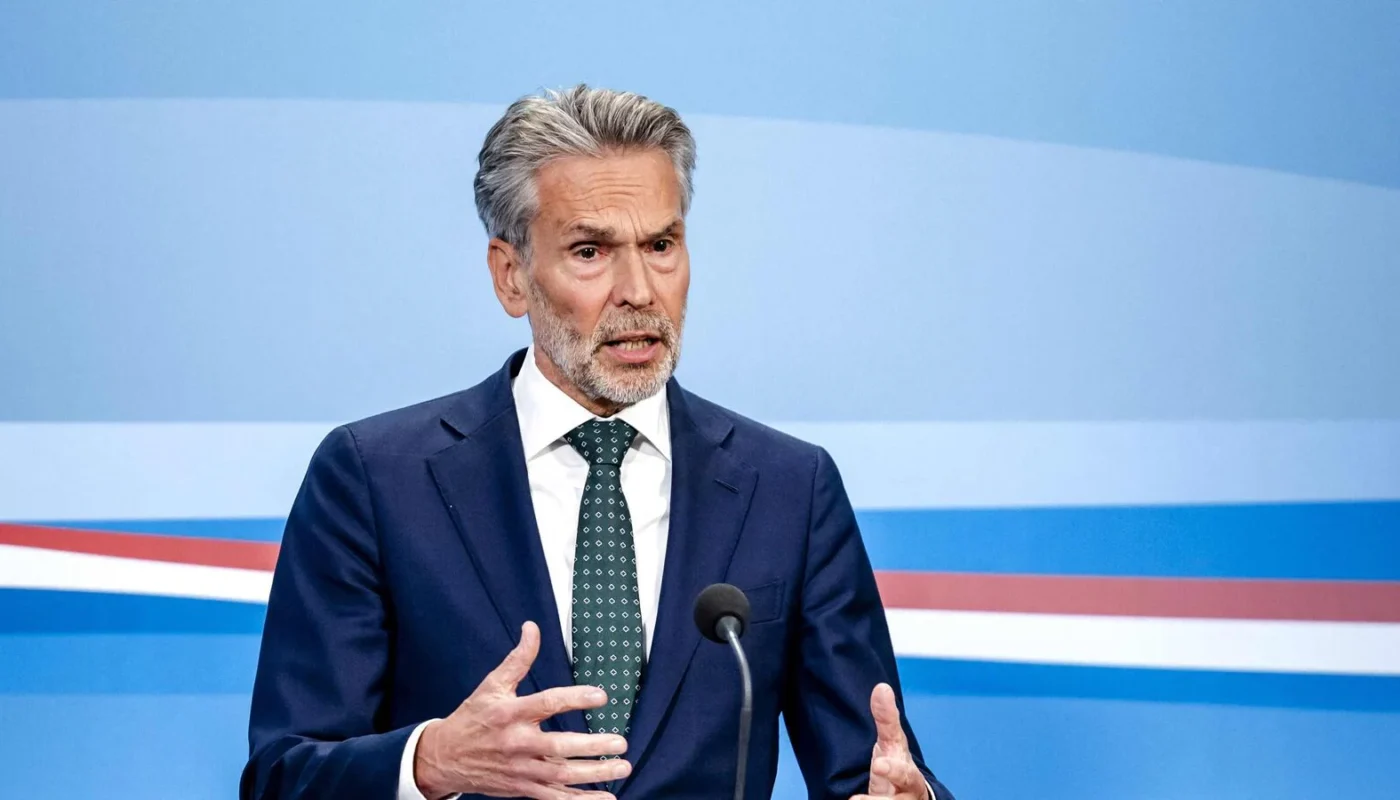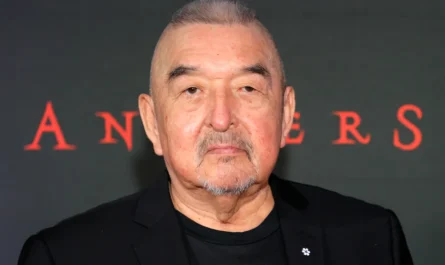THE HAGUE, Netherlands – June 3, 2025 – The development Dutch government has collapsed which has resulted into political chaos within the Netherlands. On Tuesday, the far-right Party for Freedom (PVV), headed by Geert Wilders, PVV, withdrew its support leading to dissolution of the fragile four party coalition led by Dick Schoof. The reason behind the collapse was the unyielding dispute over the Netherlands migration policy. Dutc immigration policy also highlights the rising tensions and divides within the rest of Europe over immigration policies.

Asylum Policy Standoff: Core of the Crisis
A more in-depth examination of the root cause of the Dutch government’s crisis can be traced through the breaking point of the government’s unilateral intention of withstanding immigration control policies versus border policies. The rapidly implemented ten point immigration reform plan proposed by Geert Wilders of PVV with the strongest nationalistic anti-immigrant agenda emerged as the sitting power post-dutch elections in Nov 2023 is also the contributing factor to the chaos.
Key elements of Wilders’s demands included:
Suspension of family reunification for refugees: Would necessitate recognized refugees in the Netherlands to be unable to bring family members to live with them in the Dutch.
Patrolling the Dutch borders to deny asylum seekers access: Extreme and controversial effort aimed at containing the flow of case holder manual خانة الطلبات name signatory seeking new cases.
Forcibly returning Syrian refugees: Imposed claim to fight against border startless pending applications. The ongoing war in Syria renders this proposal controversial.
First Utilization of Military Strategy for civil order at borders geared toward restoration of state sovereignty is hotly contested even amongst coalition partners.
Wilders maintained that his party joined the coalition under the expectation of implementing “the strictest asylum policy ever.” His frustration was notable with what he perceived to be, his partners’ resistance to fully embracing his proposals and adopting policies at what he considered to be a reasonable speed. His ire towards his partners and their unwillingness to work with him was so great that he declared publicly that his “patience had run out” leading to the exit of the ruling alliance.
A Short-Lived Coalition: From Formation to Fall
This PVV’s coalition with liberal VVD, centrist New Social Contract (NSC), and the poper-BBB, a Farmer-Citizen Movement that became the now-defunct coalition lasted only eleven months in office. It came into existence last year after his spurred negotiations following Wilders’ surprise election victory. A cross-ideological government was established with Schoop as a prime Dick, a head technocrat of the cabinet, whom they also agreed on.
The coalition was marked by internal conflict, especially concerning high-stakes topics like immigration. Unlike other issues, this one seemed impossible to resolve. After attempting to negotiate during crisis meetings at the eleventh hour, the fierce hardline policy on asylum control demanded by Wilders effectively sealed the coalition’s fate.
Current Impacts Together With Future Developments
In the aftermath of the PVV withdrawal, Prime Minister Dick Schoof has stepped down and the Dutch government will now be in caretaker mode. This means it will deal with pressing active matters, but it cannot make any substantive changes or policy initiatives until a new government takes over.
The collapse has plunged the Netherlands into a period broadened political uncertainty:
Expected Additional Elections: Opposing parties have called for new general elections immediately. However, given the peculiarities of Dutch electoral law and coalition politics, it appears unlikely that there will be any elections before October, let alone the formation of a new government which might take several months.
The Netherlands is hosting a key NATO summit in The Hague in a couple of weeks which makes the timing particularly sensitive. A caretaker government may have a difficult time with managing perception and projecting control globally.
Restructuring the Political Terrain: This is the second time within two years that a Dutch government has collapsed because of immigration policy (the previous one under Mark Rutte in 2023 also cited ‘migration differences’). This pattern illustrates the growing electoral clout of the far-right in the Netherlands and Europe which may result in more volatile and fractured politics in Europe in the coming elections.
In the coming months, the Netherlands will be observing how its leaders maneuver for the formation of a new coalition government, which will focus on the enduring debates surrounding the country’s immigration policy.



